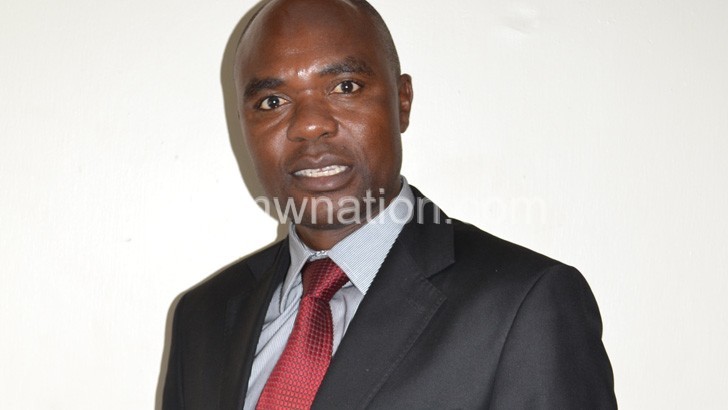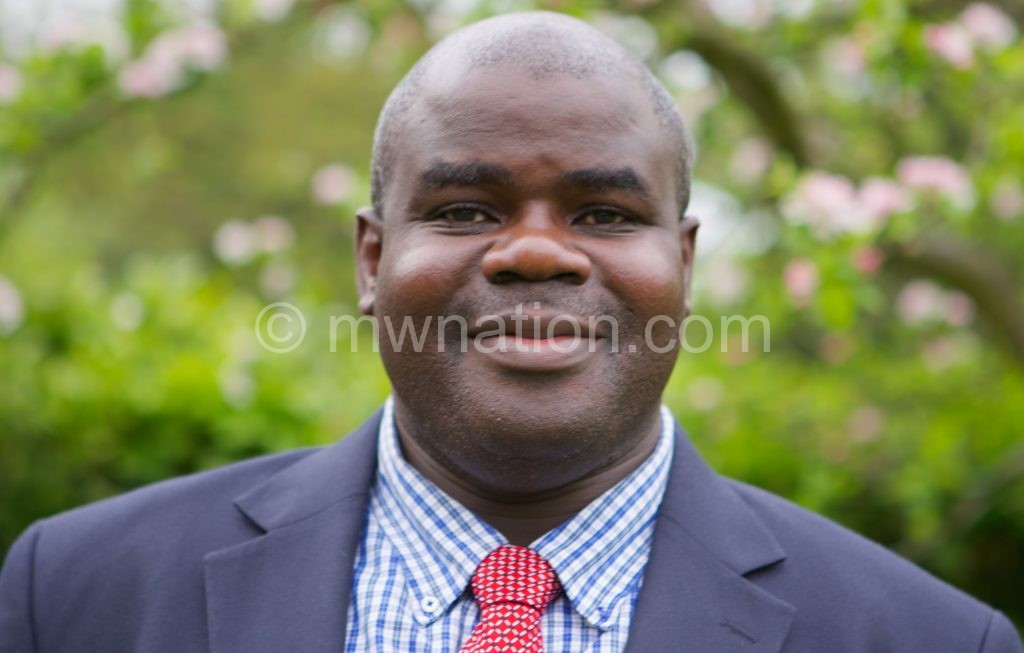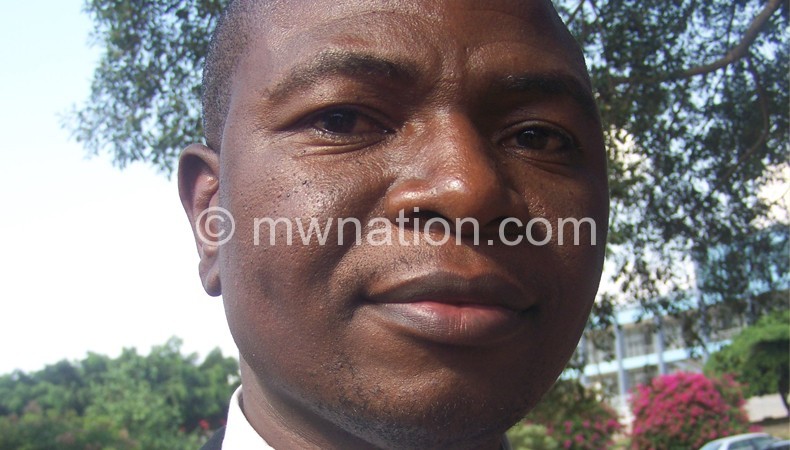Bill talks tough on parties
- It is undemocratic —Umodzi Party
- It will improve accountability—UDF
The Political Parties Bill will bring sanity in the political arena by putting in place tough measures against groups and individuals that violate laws governing parties, a political expert has observed.
If passed into a law, the Bill will among other things outlaw handouts, deregister political parties that do not win in elections or hold conventions, impose fines on people that belong to more than one political party and also impose fines on political parties that do not declare donations.

The Bill that is yet to be debated in Parliament puts the burden of responsibility of the affairs of a political party on secretary generals as they will be responsible for the violations of the law.
Meanwhile, Chancellor College political scientist Boniface Dulani has said the new Bill, if passed, will bring about order in what was otherwise a barely regulated political arena.
He said the original Political Parties Registration Act of 1993 was passed as a temporary and transitional Act that was supposed to be replaced with a more comprehensive one by the new democratic Parliament of 1994.
“However, this did not happen. As such, we were all these years governed by the temporary Act, which, among others, did not provide for detailed accountability of political parties as well as setting the rather low bar of 100 signatures for the registration of a political party. The new law addresses these shortfalls and more, albeit late,” he said.

Dulani said, with the new law, parties, including those that are outside Parliament, will have to demonstrate greater accountability, emphasising, “The full disclosure of financial donations will increase transparency.”
He further said the relatively higher bar for party registration as well as the provisions empowering the Registrar of Political Parties to deregister inactive parties will bring some order to the political landscape that is otherwise characterised by too many briefcase parties that are for all intents and purposes dead.
But Dulani said the challenges are that Malawi, with so many good laws, is poor at implementation. He said the law on its own would not be enough without the full application and implementation of its provisions.
“Given that the new law seeks to regulate the same parties that will have to pass the Bill, will they pass the Bill in its totality, including the stringent provisions that demand greater accountability or will they seek to water down some of these aspects? And if passed, will political parties live up to the letter and spirit of the new law?” he queried.
However, Dulani also said the law will not bring about greater transparency or accountability among political parties in the country because it was the officials who run and manage the political parties that have to abide by the law and act in accordance with what it will stipulate.

Among others, the Bill proposes that there be a Registrar of Political Parties whose responsibility will include regulating, monitoring and investigating political parties to ensure compliance with the Act.
According to the Bill the registrar—whose tenure will be three years—will also be responsible for ensuring the publication of audited annual accounts of political parties.
The Bill proposes that for a political party to be registered, it needs to consist of not less than 100 persons in each of the country’s districts who are eligible to vote and that the district commissioner should confirm their particulars and their eligibility to vote.
“The party can be de-registered if its registration was obtained by fraud or mistake,” reads the Bill.
The Bill further indicates that the registrar can deregister a political party that has not held a convention for a period of at least five consecutive years from the date of its registration or the date the party held its last convention. The Bill also says a party can be deregistered:
The proposed law also calls for political parties to inform the registrar whenever there is a change involving amendment to a political party constitution or manifesto.
However, the Bill proposes that the Auditor General audits the financial records of any political party that receives State funds, saying that when Parliament dissolves, political parties should close the party’s books and records of account.
“Subject to the Public Audit Act and the Public Finance Management Act, the minister responsible for finance may issue written instructions for the better control and efficient management of funds provided to political parties under this Act,” reads the Bill.
The Bill also empowers the Secretary to the Treasury to surcharge the amount of any expenditure disallowed on the party and any sum which has not been duly brought into account on the party.
But Umodzi Party president John Chisi views the new law as undemocratic and that the process that was used to come up with the Bill was fraudulent.
“Based on this Bill, it means that we are going back to one-party State. This law will force people to belong to parties that are in Parliament only. People have a democratic right to belong to a political party they want and they cannot be forced to belong to MCP [Malawi Congress Party], DPP [Democratic Progressive Party] and PP [People’s Party],” he said.
Chisi also said during the consultations, he opposed the process that was used to come up with the Bill, saying it was fraudulent. However, he did not elaborate.
Meanwhile, United Democratic Front (UDF) spokesperson Ken Ndanga described the Bill as progressive that it will bring sanity on the political arena and that it will level the playing field.
“If this Bill passes into law, people will not be forming political parties out of emotions, but rather a clear agenda. The Bill will also help to regulate the political funding in Malawi,” he said.
Ndanga, however, shot down the proposal that a party that fails to win two consecutive elections should be deregistered, saying that point needs to be debated.
“The fact that the party participated in an election, it means that it is a serious party. Failing to win elections could not be blamed on the party,” he said.
Ndanga also said the Bill will improve political party accountability and improve the quality of democracy in Malawi.
Commenting on the issue, MCP deputy secretary general Eisenhower Mkaka said overall the Bill is good, since its intention is to bring sanity in the way the parties go about their business.





